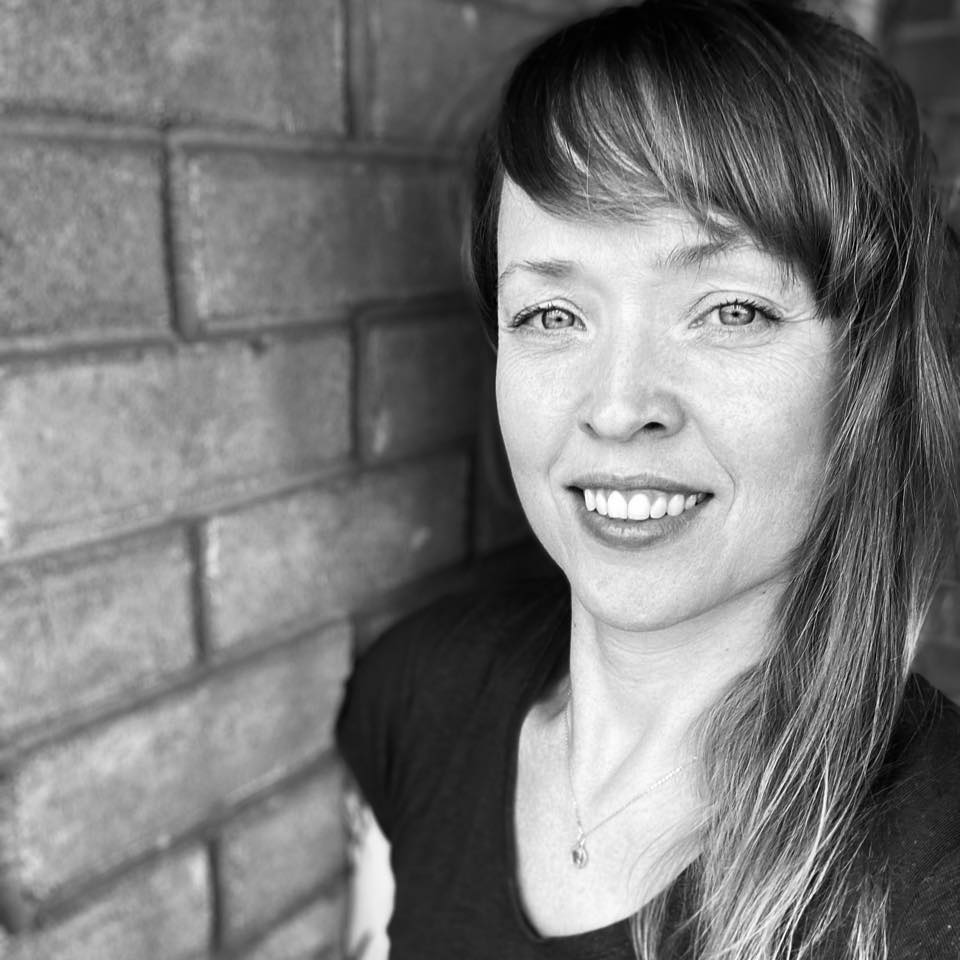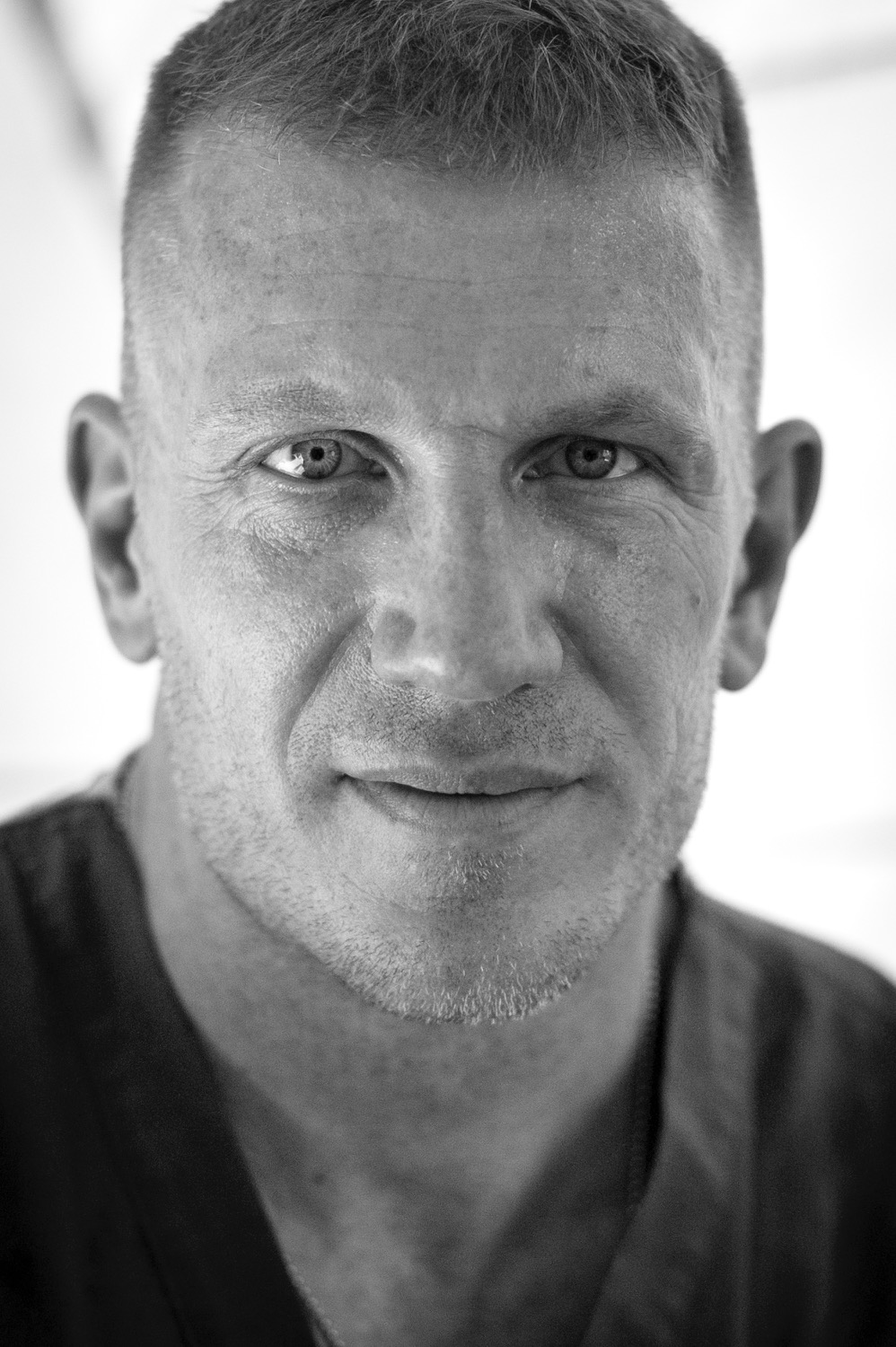Photo Exhibit Explores White Supremacy Groups
Galloway, N.J. — A new exhibit at Stockton University takes a closer look at white supremacy groups in the United States and examines the lives and experiences of ordinary individuals who join, and sometimes leave, these groups.
“Within and Beyond Exclusionary Communities: White Supremacy and Racism in the United States” is on display at Stockton’s Galloway campus. It will be on display through the fall semester and is free and open to the public. However, individual and group visits require registration by calling 609-652-4699.


Elke Weesjes, the director of the Kingsborough Holocaust Center in Brooklyn, New York, and photojournalist Anthony Karen are the creators of the exhibit.
Raz Segal, associate professor and director of Stockton’s Master of Arts in Holocaust and Genocide Studies (MAHG) program, one of the sponsors of the exhibit, explained that “the exhibit asks visitors, students, and teachers to consider a number of key questions: Who are the people in white supremacy groups and organizations? Why did they join? Why, in some cases, do they leave?”
Elke Weesjes, a historian and the director of the Kingsborough Holocaust Center at Kingsborough Community College in Brooklyn, New York, is one of the creators of the exhibit.
She said “visitors will be surprised at how diverse the white supremacist movement is in terms of age, gender and motivations to join. The popular notion that the white supremacist movement is nothing more than a band of angry white men is not just false, it is also harmful since it causes us to underestimate these groups' destructive power.”
By highlighting the involvement of women and children in these groups, this exhibit seeks to expand visitors' understanding of the white supremacist movement.
The exhibit features photos and captions by Anthony Karen, a photojournalist based in New York whose work has been featured in Life and Time magazines, on Vice TV, in several documentaries and in the movie “Imperium” about a young FBI agent who goes undercover as a white supremacist. Karen has more than 20 years of experience photographing far-right extremist groups in the United States.
The exhibit is also part of a project by Weesjes titled “Children of the (White Collar) Klan: Growing up in the American Far Right, 1960-1990.”
“The hosts, creators and sponsors of the exhibit in no way support or condone the ideologies and actions of white supremacist groups and organizations,” Segal said. “We stand with people targeted by these groups – particularly African people across the Diaspora, Jews, Latinos, people of Asian descent, Indigenous people, and asylum seekers and other forcibly displaced people -- and present this exhibit as an integral part of the educational struggle for a society committed to equality, truth and justice.
“The exhibit seeks to understand the backgrounds and motivations of individuals in white supremacist groups. Only then do we have an opportunity to respond to them effectively and even recruit people away from these organizations,” Segal added.
Weesjes will give a short lecture and engage in discussion with the audience, together with Karen, during an opening event for the exhibit from 4:30 to 6 p.m. on Sept. 19 in F-221. If you would like to attend, please RSVP by calling 609-652-4699.
The exhibit is sponsored by the Master of Arts in Holocaust and Genocide Studies (MAHG) program, the Sara and Sam Schoffer Holocaust Resource Center, the Sam Azeez Museum of Woodbine Heritage, and the William T. Daly School of General Studies.


